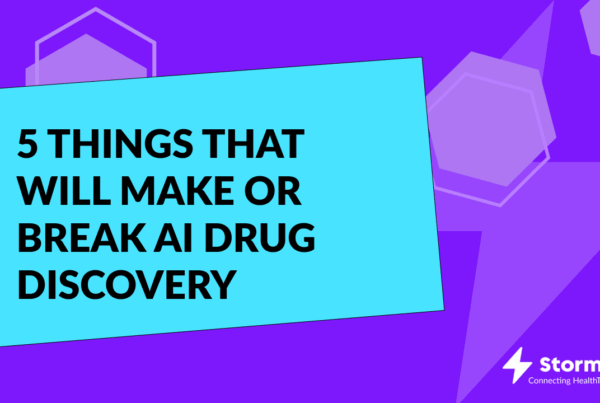Technology has changed the way that we can approach the world. Whether its transport, groceries, or each other, it is becoming easier and easier to gain access to a whole host of things.
Our health, too, has never been easier to access and understand.
With about 1.2 billion clinical documents being produced annually in the US alone, life scientists and doctors have a mass of data to base their research upon. Additionally, the trend of health wearables, from fitness trackers, to smart jewellery and even augmented reality integrated devices, has resulted in a huge volume of health-related information now being easily accessible.
What we do with this data, though, is yet to be seen, with many healthcare companies not capitalising on the wealth of data they have available to them. Even within those that do have a data team, from my conversations with candidates and clients alike, there is a frustration of not being allowed to fully explore different avenues of research and models based on this data.
Here are four of the top ways that data science is proving invaluable in helping advance healthcare.
Monitoring And Preventing Health Problems
Machine learning algorithms can be used to detect and track common conditions – such as heart problems. 600,000 people suffer unexpected heart stoppages in the US every year, and data science could anticipate this problem and send alerts to save lives.
Omada Health, for example, uses data science to process behavioural data which can then be used to create highly customized programs for every patient. And as the program continues to source more data, the self-learning algorithm is constantly improving.
Improving Diagnostic Accuracy
5% of adult patients are misdiagnosed every year in the US, totalling over 12 million. Moreover, 10% of patient deaths are a result of diagnostic errors. To produce more accurate diagnostics, deep learning can be used to analayze data, whether through reading images, such as x-rays, or through clinical text.
The AI -powered workflow solution Enlitic, uses computer vision to analayze medical images and checks the results against its extensive database of clinical reports. The HealthTech reports to deliver up to 70% more accurate results that’re generated 50,000 times faster. The diagnostics company Bruxlab uses Natural Language Processing (NLP) to help diagnose symptoms of Bruxism, a sleep disorder. By using audio samples that’re both true and false, data scientists can create a neural network that recognizes teeth grinding symptoms.
Advancing Pharmaceutical Research
Using machine learning algorithms, data scientists can extract and analayze biological samples. With over 14 trillion data points in the average sample, they can feed this to an Artificial Intelligence (AI) algorithm, which can then detect and trigger the natural death of cells damaged by disease to prevent the spread.
In 2021 it is predicted that there will be 1.9 million new cancer cases, and 608,570 of them will be lethal in the US alone. Using Data Science, HealthTechs such as BERG Health can detect these damaged cells. Once detected, they can then be removed from the body, preventing further damage to the patient’s health.
Reducing Hospital Admissions
US medical expenses are estimated to reach 6.2 trillion by 2028, making the cost of healthcare a genuine issue for the US economy. There are a multitude of HealthTechs that use data science to predict and analayze individuals that are at risk of ending up in hospital, such as Garner Health, which uses data to partner people with the best doctor to save them money. Ultimately, by alerting healthcare providers to issues earlier, data science is doing more than saving money – its saving lives.
Clover Health, for example, is a health insurance startup that makes data-driven decisions, and it has reported up to 50% fewer hospital admissions, and 34% fewer hospital readmissions; helping save on average $10,000 per hospital visit.
Data Science: The Future Of Healthcare
Data science is proving to be an invaluable contribution to the future of healthcare. Being able to collect, structure, and process a high volume of data, and further make sense of this data to gain a deeper understanding of health is a key objective of HealthTechs across the globe. While data science provides the tools and methods to obtain real value from data, it ultimately contributes to making healthcare more innovative, efficient, personalized, and accessible.
This article was written by Fern O’Shaughnessy, Storm3’s expert Data & Analytics consultant. Are you looking to make your next data scientist hire? Or are you searching for your next data role? Get in touch. Alternatively, you can learn more about our Data function and the other roles we work with here.









